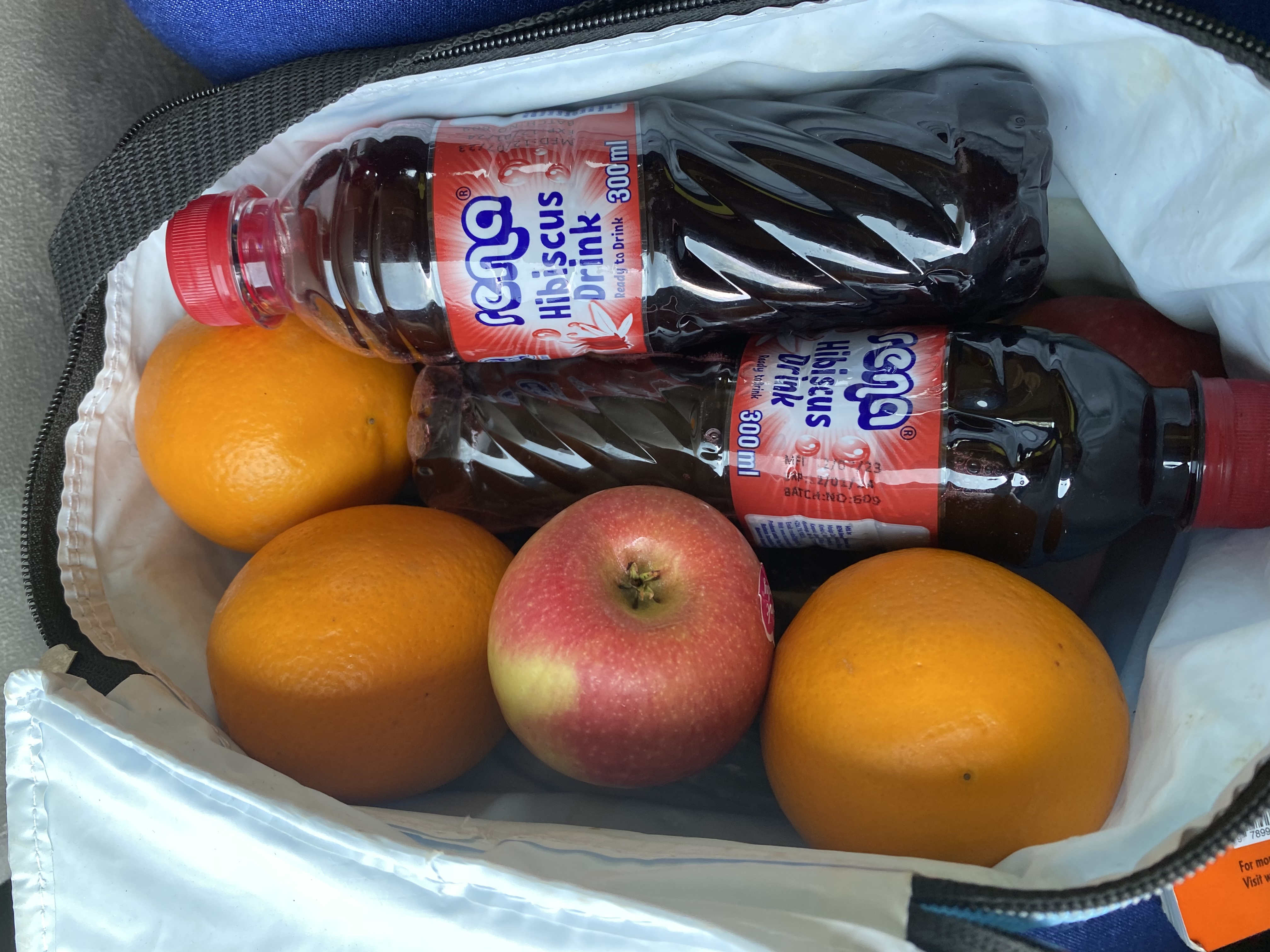Run and Endurance Sport Nutrition

Long Run Nutrition: Re-Hydration, Sugars and Electrolytes
Which Fluids?
Water is good hydration but remember your body loses both water and salts when you sweat.
Rehydration Salts added to your water is the best rehydration (replacing both water and salts).
You can use electrolyte drinks, gels and oral rehydration salts. Yes you can also get a dose of sodium from common salt but the ORSalts are better balanced with other key minerals.
Yes; a food/ fruit with sodium also counts but let's face it, you cannot be having a meal as you run🤣😂😂.
Benefit: Water with salts is better retained in the body , keeping you hydrated through your 21km, 42km and Ultra runs.
On the bad side: Extremely Low Sodium levels have been linked to athlete deaths as individuals focus on drinking plain water ( over hydration) despite the need to replenish the sodium lost in sweat causing hyponatremia.
Frequency of Rehydration
Take one sip at a time ( never try to finish up over 100 ml at one go).
When do I include sugars, glucose or fruit in your drink?
First of all, your body (mitochondria in your muscle cells) prefers glucose as a source of energy during endurance exercise like running as it’s a faster source of energy as compared to fat breakdown.
Your body stores glucose in the form of glycogen.
Ist Hour of Run; No need to provide your body with glucose in the first one hour as you typically have adequate energy reserves ( glycogen) that is converted to glucose.
After the first hour; include a source of glucose in your fluids to power up your run.
CAUTION ON HIGH SUGAR DOSES-Diarrheoa
Sugars should be taken in bits as large volumes can cause you a stomach upset, to be specific a high dose of glucose may cause your stomach to run as you run.
Sources of sugars: Glucose powders or Gels, Energy bars or a high sugar candy like Snickers.
NOTE: Glycogen stores are best built during your training and individuals who participate in endurance sport have better glycogen stores in their muscles as compared to untrained individuals. Let us dive into post run nutrition.
Post-run Nutrition
Protein needs; kindly include a protein in your meal within an hour after your run. This is the best time to replenish your muscles.
A source of glucose in the post-run meal is a must as it allows you to build your glycogen storage capacity.
Re-hydration: Use water and salts (Sodium and Potassium are key) to replace salts lost through sweating.
How much fluids/water per person?
A good estimate is to replace the common difference in body weight pre and post run; if you commonly have a 1kg drop in weight during a one hour run, replace 1 liter of fluids during and post run as the biggest percentage of weight loss is water loss.
Individuals who have quality post-run hydration , protein and sugars have better recovery between workouts.
I like to say that preparation for your next run is done at the end of the previous activity, before and during run.
The above is general advice that should not replace your personal Dietitian’s advice. If this has triggered you to do better, try our Lya Dietitian app for personalized nutrition plans as we all have different diet goals that should be respected as we get nourishment for endurance runs.
Regis Nantege
Lead Dietitian
Impact Nutrition Company
Nurturing Healthy Lifetimes
Comments
No comments yet. Be the first to comment!


